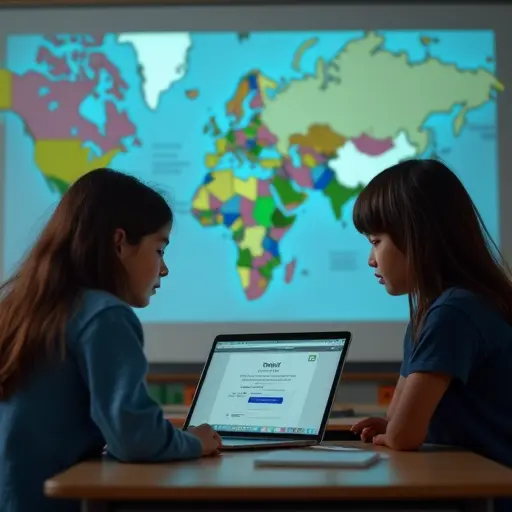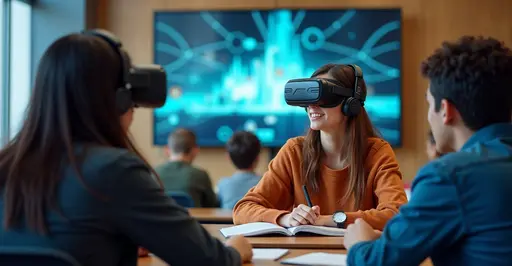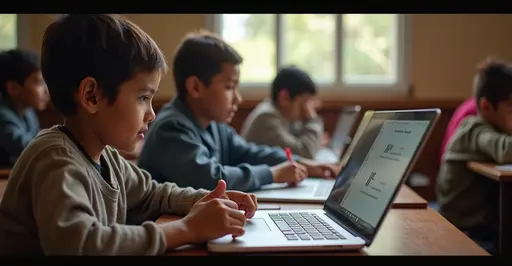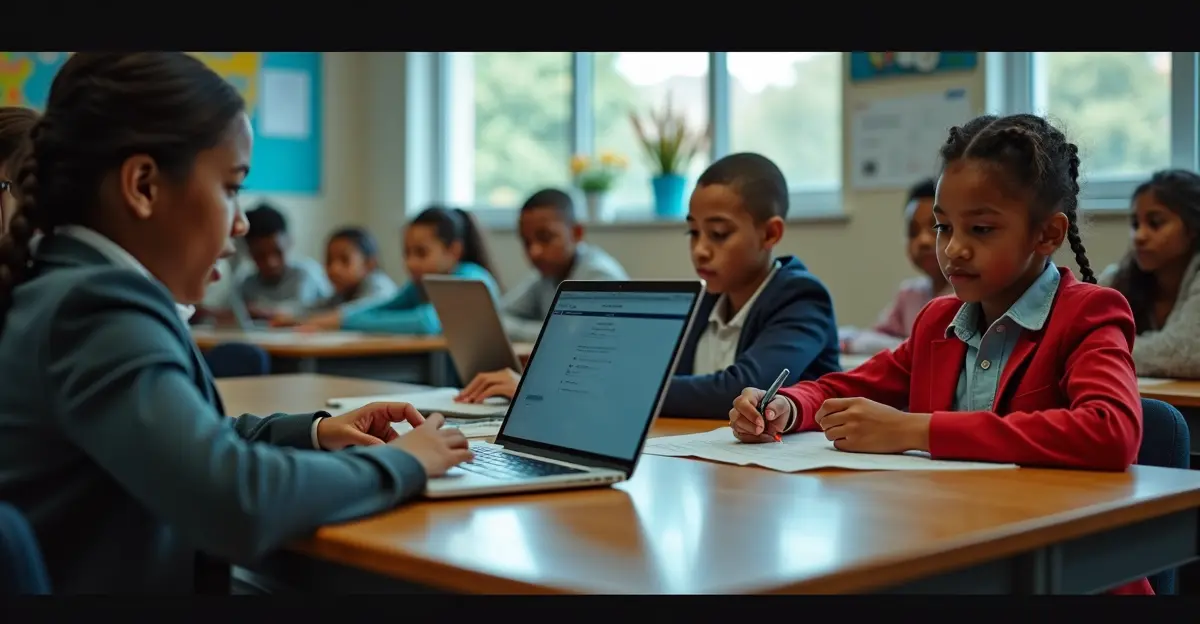EdTech platforms now integrate AI tutors that personalize learning, support teachers, and adapt to local languages. While accessibility challenges persist, these tools are reshaping global education.
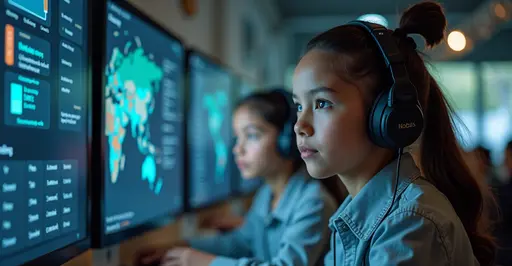
The AI Education Revolution
EdTech platforms are integrating advanced AI tutors into remote learning systems, fundamentally changing how students engage with online education. Companies like Khan Academy, Rising Academies, and Duolingo now deploy personalized AI assistants that adapt to individual learning styles in real-time.
How AI Tutors Work
These systems analyze student responses using natural language processing and machine learning. Khan Academy's "Khanmigo" provides step-by-step math guidance, while Rising Academies' "RORI" offers reading comprehension support in multiple African languages. The AI tracks progress, identifies knowledge gaps, and adjusts difficulty levels dynamically.
Teacher-AI Collaboration
Contrary to replacement fears, AI tutors are freeing educators from administrative tasks. "Teachers become learning facilitators instead of content deliverers," explains Vicki Zubovic from Khan Academy. A recent EdTech Hub survey shows 78% of teachers report more time for individualized student support since AI integration.
Global Implementation Challenges
Despite progress, significant hurdles remain. RobotsMali CEO Michael Leventhal warns: "AI could cause cultural extinction if it only supports dominant languages." Projects like RobotsMali's Bambara-language AI tutor demonstrate how localization preserves linguistic diversity.
Accessibility Concerns
Low-tech solutions are emerging where internet access is limited. WhatsApp-based tutors now serve over 200,000 students across rural India and Sub-Saharan Africa. However, UNESCO reports only 35% of low-income schools have adequate infrastructure for advanced AI tools.
The Future Classroom
EdTech experts predict hybrid learning models will dominate by 2026. "The magic happens when AI handles personalization while teachers foster critical thinking," says Andreas Holmer from EdTech Hub. New UNESCO AI competency frameworks help educators navigate this transition.

 Nederlands
Nederlands English
English Français
Français Deutsch
Deutsch Español
Español Português
Português


